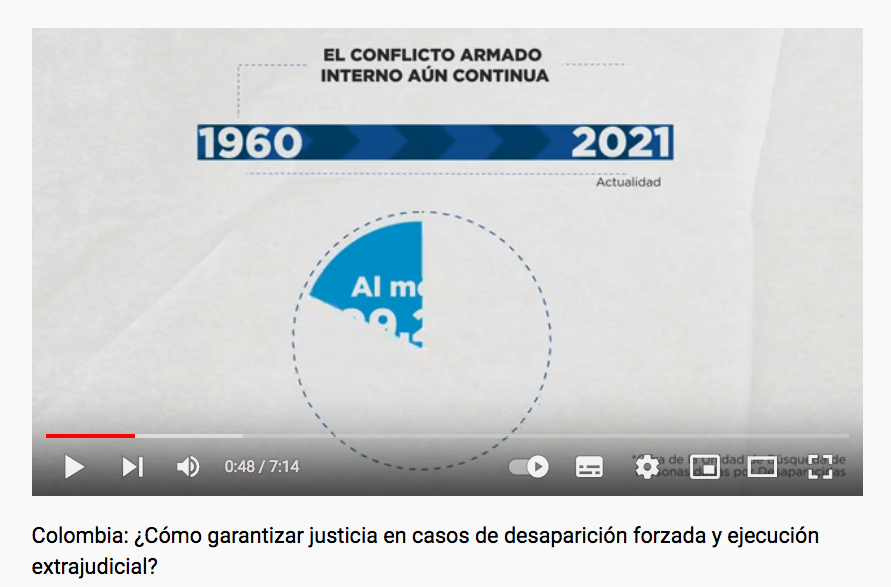
Dec 23, 2021 | Advocacy, News
The ICJ launches today a series of videos on access to justice challenges in cases of enforced disappearances and extrajudicial killings in Peru, Colombia and Guatemala; the videos also include recommendations to each State on urgent measures to take to fight against impunity for these crimes. The videos were produced as part of the project “Promoting justice for extrajudicial killings and enforced disappearances in Colombia, Guatemala and Peru”, supported by the European Union.
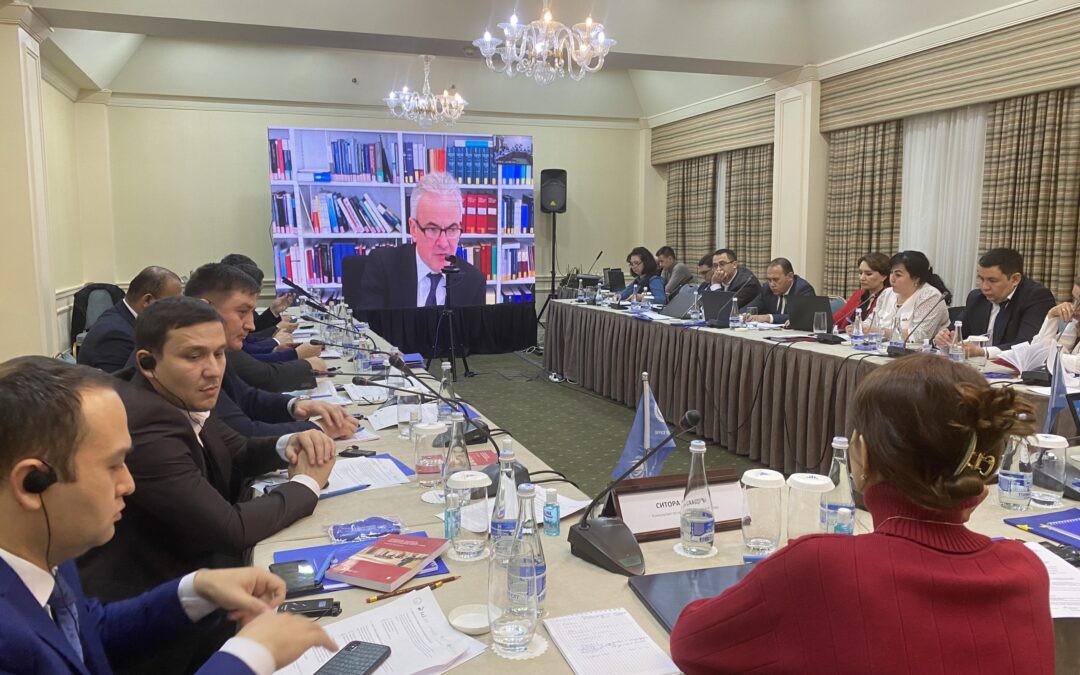
Dec 22, 2021 | News
Judges play a crucial role in ensuring that Uzbekistan implements its international law obligations to protect economic, social and cultural rights, a training seminar for judges in Tashkent, Uzbekistan, heard this week.
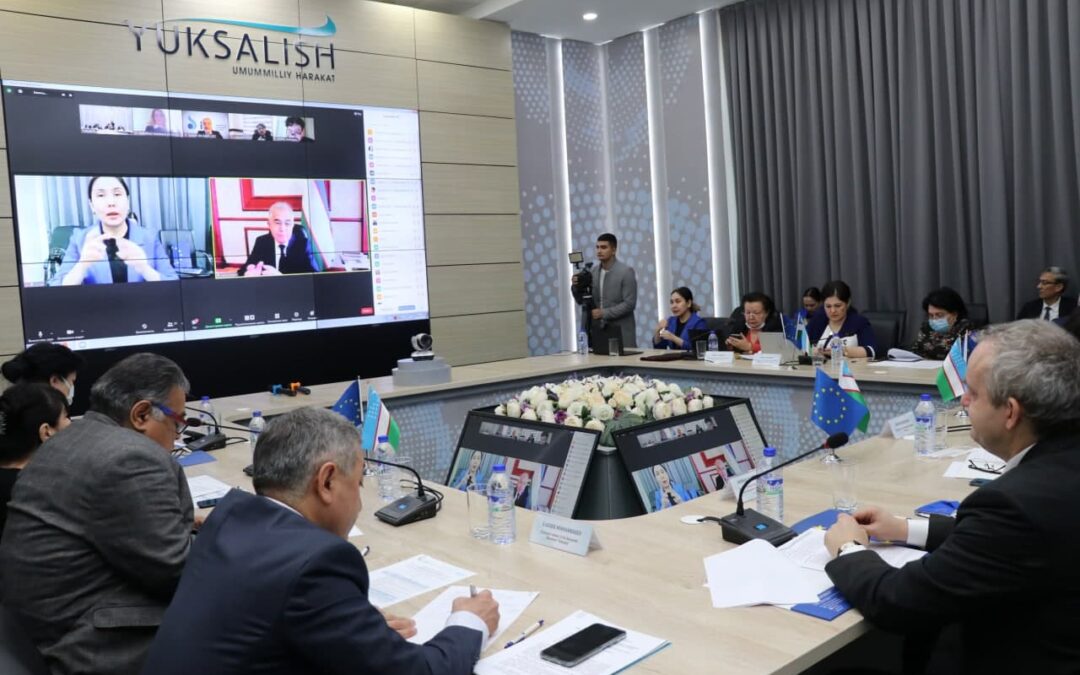
Dec 20, 2021 | News
Civil society should play an active role in the UN treaty bodies reviews of Uzbekistan’s human rights record, an ICJ event in Tashkent, Uzbekistan, emphasised.
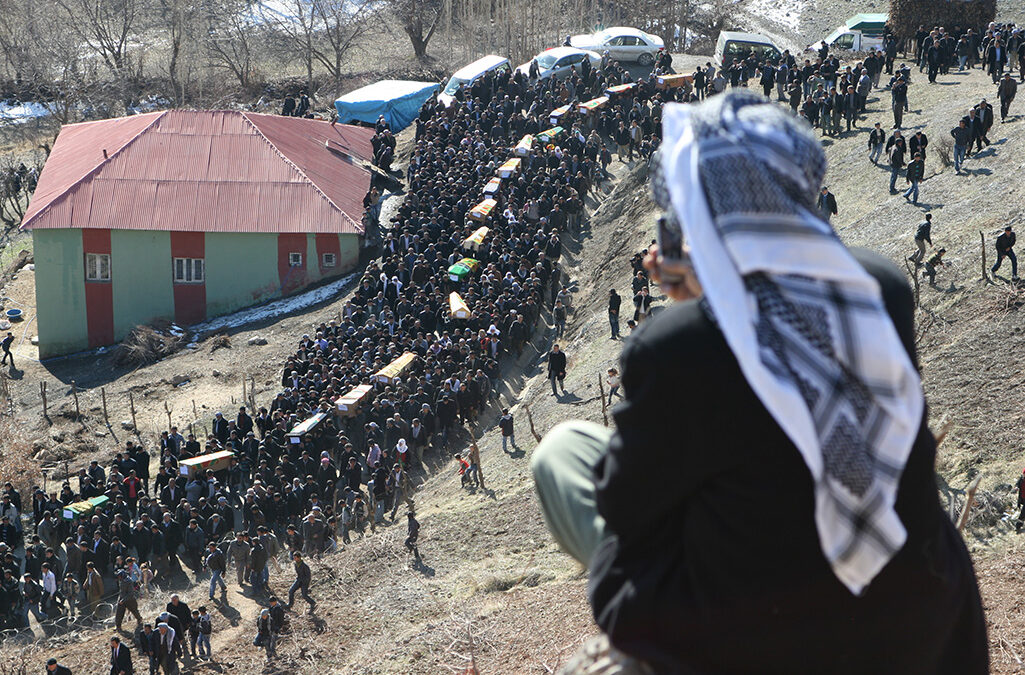
Dec 16, 2021 | Multimedia items, News, Video clips
To commemorate the tenth anniversary of the massacre of 34 people in Roboski, Southeast Turkey, and take stock of the continuing lack of accountability and reparations for the victims and their family members, the ICJ convened a group of experts on 13 December.
“The Roboski massacre was carried out in clear violation of international human rights law”, said Roisin Pillay, Director of the ICJ Europe and Central Asia Programme, “Since then, the Turkish authorities have further violated their international obligations by failing to provide investigation or accountability for the arbitrary killings. Ten years later, the Turkish authorities must end this impunity.”
On 28 December 2011, 34 persons living in Turkish villages near the border with Iraq, including 17 children, were killed by a Turkish military bombshell during a purported “counter-terrorism” operation, known as the “Roboski massacre”.
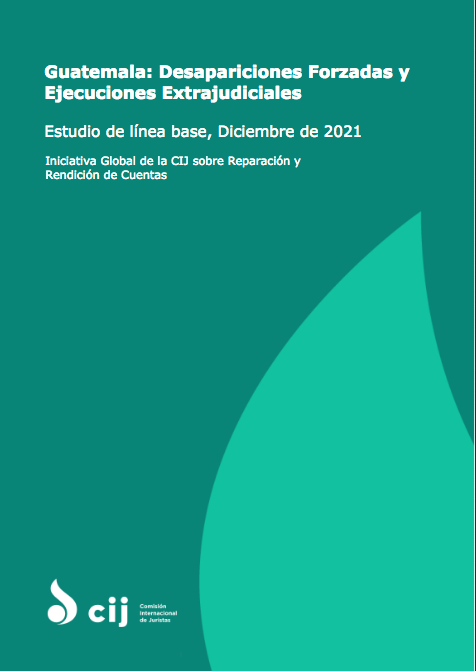
Dec 15, 2021 | News, Publications, Uncategorized
Guatemalan officials and the justice system as a whole have failed to deliver accountability and provide redress for enforced disappearances and unlawful deaths, said the ICJ in a report released today. It is estimated that around 45,000 people were subjected to enforced disappearance during the internal armed conflict (1960-1996), including some 5,000 children.










